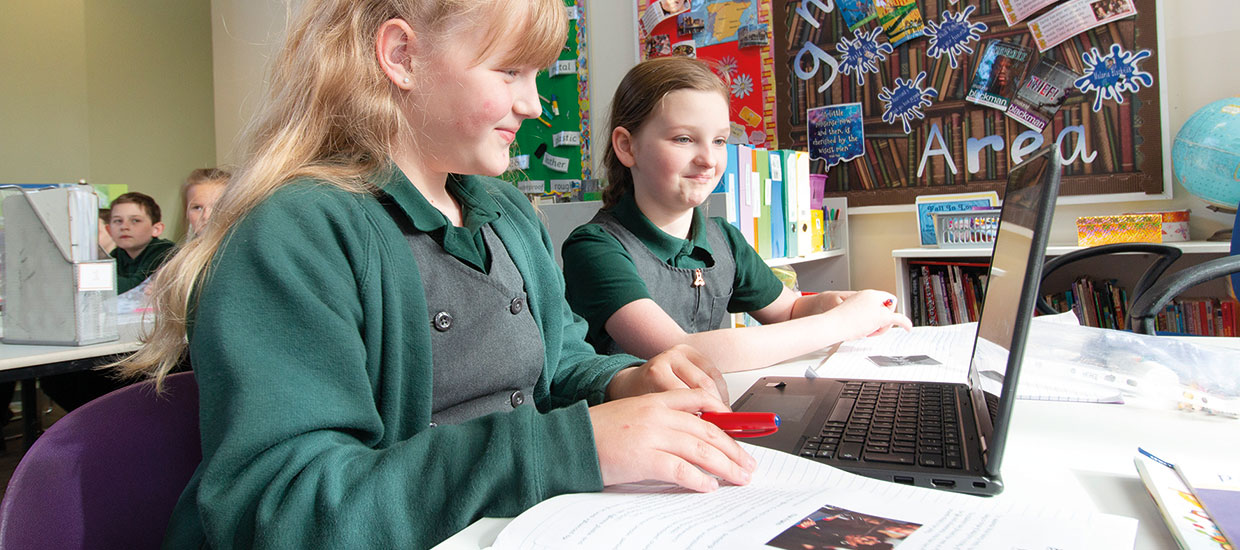Laptop recycling raises £1,235
TradologyUK enabled Woodlands Primary School to reduce waste and raise funds

‘We moved into new buildings in 2012 (as part of the Building Schools for the Future programme) and purchased Apple equipment and software because BSF said it would be fully compatible with the new ICT system. Unfortunately, this didn’t turn out to be the case.
The laptops often crashed and became progressively slower over the years, so we have been gradually replacing them with Microsoft laptops and tablets. We ended up with two MacBook Pros and four MacBook Airs that had been used by teachers but ended up sitting in a cupboard.
As a two-form-entry school, we have 15 laptops per year group. This is nowhere near enough, but we struggle to afford new equipment. Our pupils are drawn from an area experiencing economic and social disadvantage and although our PTA works extremely hard to support the children, we know that many parents are experiencing financial hardship. Lockdown was very difficult because 46% of our children had issues with broadband and ICT.
When I became head in September 2020, we made a list of our unused equipment and contacted TradologyUK – a locally based company that specialises in ethically recycling IT equipment from across the country.
They offered us £1,235 for our old laptops, which was totally unexpected but fabulous news – and means we can now purchase new laptops and tablets for our children! We were able to meet data protection regulations by taking off as much of our own data as we could, and then receiving certification for each device from TradologyUK once they had carried out GDPR-compliant erasure.’
- Yvonne Crilly, head, Woodlands Primary School, Telford (484 pupils)
TradologyUK
‘With the amount of technology on the planet growing every week, waste is a really big issue,’ says TradologyUK’s MD Matt Giles. ‘Last year, only 20% of technology was recycled or refurbished and the rest went to landfill, so we’re trying our best to give equipment a second lease of life. We work with lots of schools and specialise in releasing residual values from old IT equipment. This generates additional capital for schools to offset against new purchases.
Products that are up to around eight years old usually still have some value once they are refurbished, with new operating systems, hard drives, and bigger memories – and we can distribute them across our customer base. Many schools buy Apple products at reduced rates – and these hold their value particularly well.
Products that are 10-15 years old don’t have any market value but we send them on to a recycling company to break down the materials for reuse. Our goal is to become 100% non-landfill.’
More on reducing waste and going green
